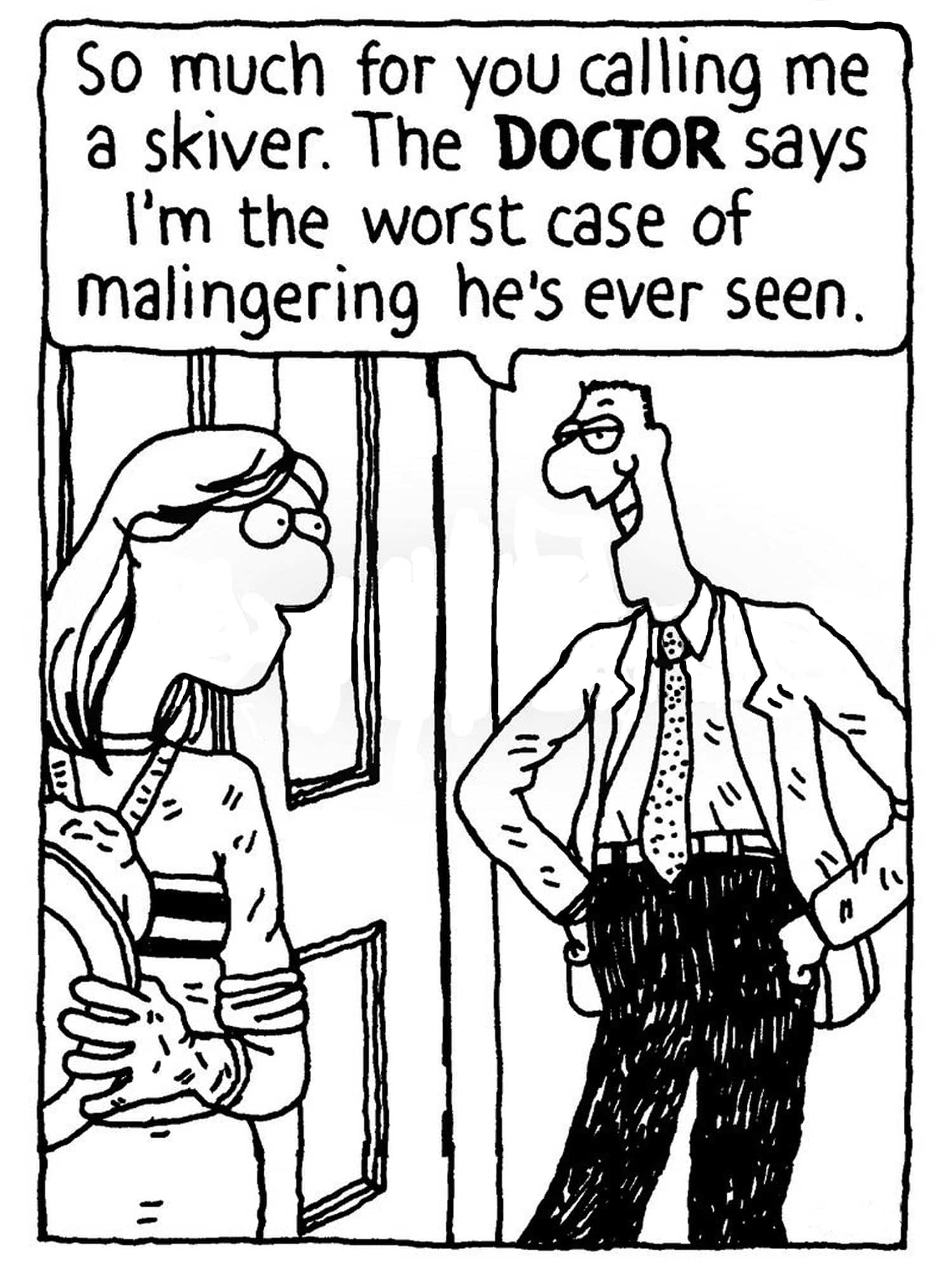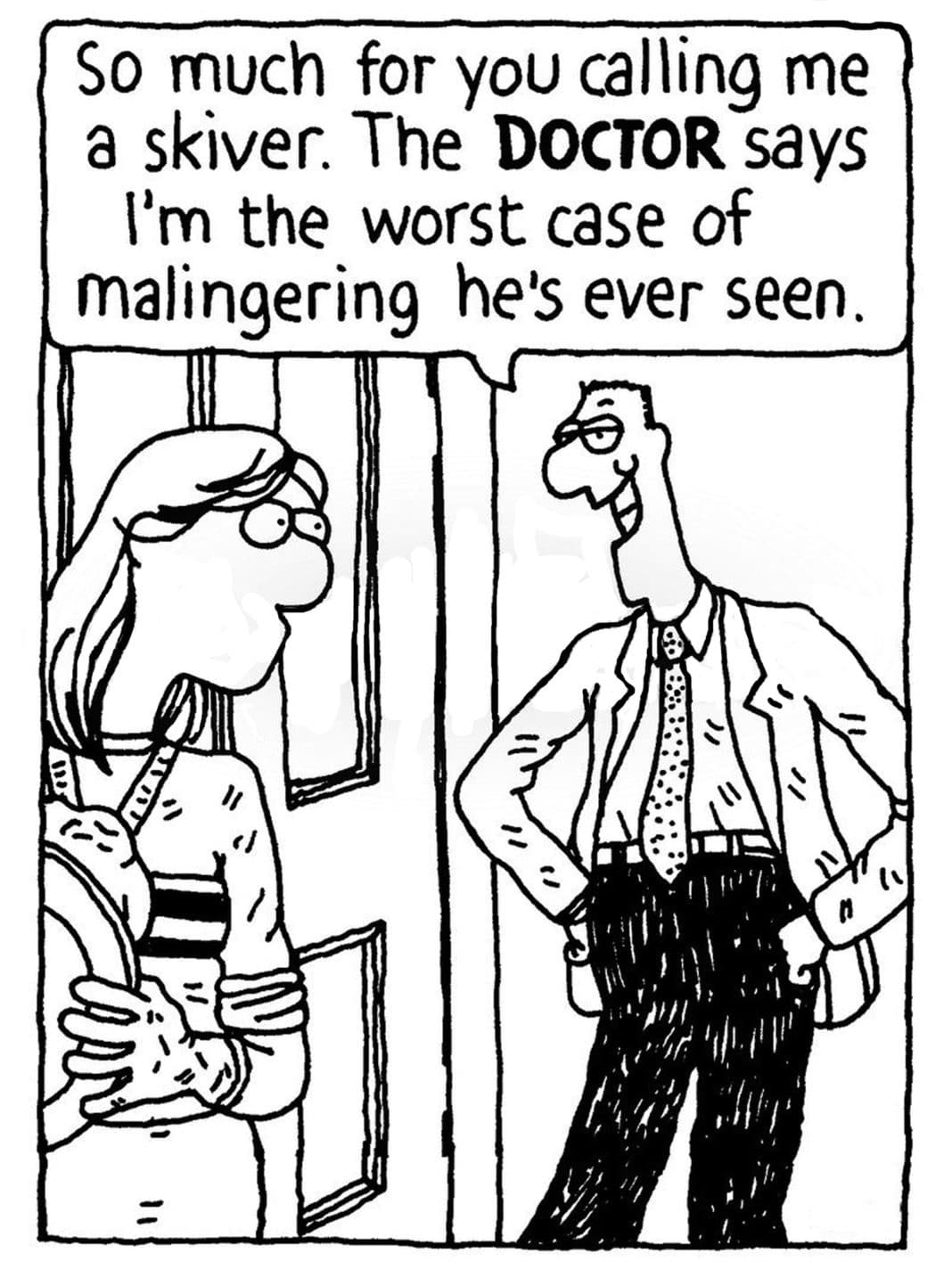A fortnight ago I was really impressed with a small group of people in Shaftesbury, in the UK, who have got together to bring back civic pride into Britain.
Annoyed at the way the local council had been allowing street name signs to become ever more illegible because of a lack of repainting, they bought some high quality black and white paint and set about repainting them.
The result is fantastic and, of course, well worth the effort.
One of their number, interviewed by the Press, said it was about “shaming” local councils for failing to do their job. “Some of the signs have not been done for literally years. It’s about civic pride. English civic pride”.
“It’s about time we started doing up our streets a bit and taking care of them,” he added.
I couldn’t agree more, and it is appalling that government has not set about taxing the far better off more so that Britain does not continue to fall to bits.
And the same argument could be levied at our local council in Orihuela where streets have become a disgrace, and any hint of civic pride has long gone.
So, I was even more impressed when I drove down Calle Niagara, in Playa Flamenca last week. On one day I saw a group of people with tools hacking away at a massive amount of vegetation growing along the pavement and gutter outside their block of flats.
Good for them, I thought. The following day they were there again, but this time there were even more residents in the street, this time on the opposite side of the road, again hacking at vegetation in the pavement and gutter and also weeds growing out of nearby waste ground. They also tackled piles of rubbish left alongside nearby waste bins.
I had to go and praise them for what they were going – and you know what? Most were British.
Yes, that British pride is not dead. It reminded me of when we were in the Dominican Republic on holiday and were hit by the worst hurricane for years. It wrecked everything. We all were looked after by staff all day in the basement until the worst had passed.
The next day all the British holiday makers were organised into working groups. One group got the kitchens back in order, another sorted out the gardens, another set about rescuing hummingbirds trapped under foliage, others helped to clean the swimming pools and public areas inside and outside the hotel. When we finished, we all went into the village where staff lived, mostly in tin shacks, and did what we could to help them.
Other holidaymakers there were Americans and Germans. The Americans just sat around and demanded being waited on, much to the annoyance of staff. The Germans just laughed at us for doing all the unpaid work, and they really got the contempt of the locals.
One bolshy American was thrown out of the hotel. As for us Brits, scores and scores of us – all the staff gathered when we left, and hand-clapped us.
This was the British at their finest. It’s what needed now to get Britain back on its feet and show an example to the world of what can be achieved. And we should send a strong message to to America where repulsive Republicans think it’s acceptable to be so selfish to deny all the financial and military help Ukraine needs to combat Russian aggression.
It’s not often that I agree with utterances from the mouths of Tory MPs, but I must support comments from Work and Pensions Secretary, Mel Stride, when he said Britain’s approach to mental health was at risk of having “gone too far”.
How often do we hear people saying they have mental health problems, when, in fact, all they have to cope with are normal anxieties of life.
We hear of more and more children at school having metal health problems, and adults being off work for weeks, months or years because of mental health problems. It’s become the modern-day buzz words, and, of course, picked up by millions on social media.
My parents, living through the war years and having to cope with me as a young tot could well have said they were suffering mental health problems, not knowing whether a bomb was going to drop on them, living in the firing line on the South Coast. But mental health problems hadn’t been invented then. You just got on with life as best you could.
It’s a pity that British stiff upper lip attitude isn’t alive today – sadly it’s been overcome by namby-pambyism.
Or, as Mel Stride says, the increased public focus on discussing mental health has led to people effectively self-diagnosing mental health conditions.
And it is putting ever-increasing strain on a spiralling welfare bill, likely to be a staggering £100 billion this year.
What’s needed in Britain is a get-tough approach on those who, in past generations would be described as malingerers, but who now are said to have “mild mental health conditions.”
Of course there are people with serious mental health problems, perhaps brought on by abuse of drink, drugs, gambling, etc, but there are many, many people who wouldn’t have a problem if they simply got back to meaningful work.
As Mel Stride says: “Some people are “convincing themselves they have some kind of serious mental health condition as opposed to the normal anxieties of life”.
“If they go to the doctor and say ‘I’m feeling rather down and bluesy’, the doctor will give them on average about seven minutes time and then, on 94 per cent of occasions, they will be signed off as not fit to carry out any work whatsoever.”
And then the rest of society has to keep them – totally unnecessarily.
I have just mentioned, gambling is one cause of people becoming mentally ill, and, sadly it seems that in the UK, gambling has become an ever growing social problem.
So much so that the NHS is funding a growing number of special clinics, where addicts can go to get support and help. One has just opened in Sheffield, and in the past 12 months alone seven others have opened.
Excessive gambling can destroy lives and lead to suicide. It’s resulted in marriage break-ups, people losing their homes, jobs and turning to crime to fund their habit. The belief (or hope) that the next big gamble will turn their life around keeps them going on.
The government knows only too well there is a huge problem with gambling in the UK, but do they do anything to stop or curtail it? No. I was recently bombarded with unwarranted emails urging me to take part in numerous free “spins”. How many times do we see, on TV adverts, the clown in a red bowler surging people do the same. And how many times do we get TV adverts from charities urging people to take part in their lotteries?
And as for Omaze adverts trying to get people to part with cash to win a millionaire home in the country, it’s crazy. Only one can win and the odds of winning are absolutely negligible.
He government should ban all forms of advertising urging gambling – but of course they won’t because there is so much much money at stake – and I wonder how many MPs have shares on betting and gambling companies.
And finally, one of our neighbours died recently, and this prompted me to ensure we had Spanish wills. I asked solicitors for a cost and then went to the Notary in La Zenia and discovered it was only 58 euros. So here’s a tip, don’t put money into solicitors’ pockets, call at the Notary who will give you forms to fill in and help you all the way. Brilliant.






